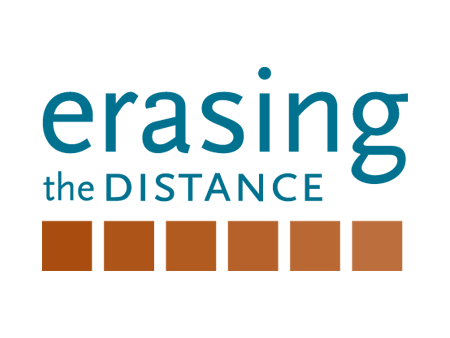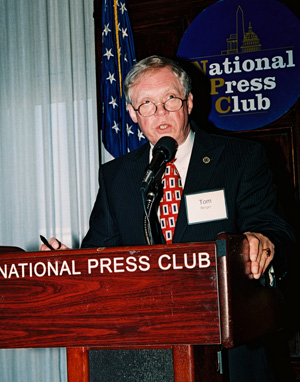
According to The Department of Veterans Affairs, nearly 30 percent of Veterans serving in Iraq and Afghanistan since 9/11 who have been treated at V.A. hospitals and clinics have been diagnosed with Post Traumatic Stress Disorder (PTSD). Read about an innovative VA program that assists loved ones and friends who want to learn how to better support the Veteran in their life and encourage him or her to seek professional support.
Providing tools to support veterans
Judy, the girlfriend of an Army Veteran, called Coaching Into Care (CIC) with concerns about the combat stress and alcohol misuse her boyfriend was experiencing and the toll it was taking on their relationship. Her boyfriend would acknowledge the need for treatment but wouldn’t follow through, and they were quickly growing apart. A CIC call responder provided support and education about combat stress and encouraged Judy to take things slowly rather than to fix everything right away. Then, the call responder prepared Judy for the coaching process, which would connect Judy with a psychologist or social worker with whom she would speak over the phone during the coming weeks or months.









Connect With Us